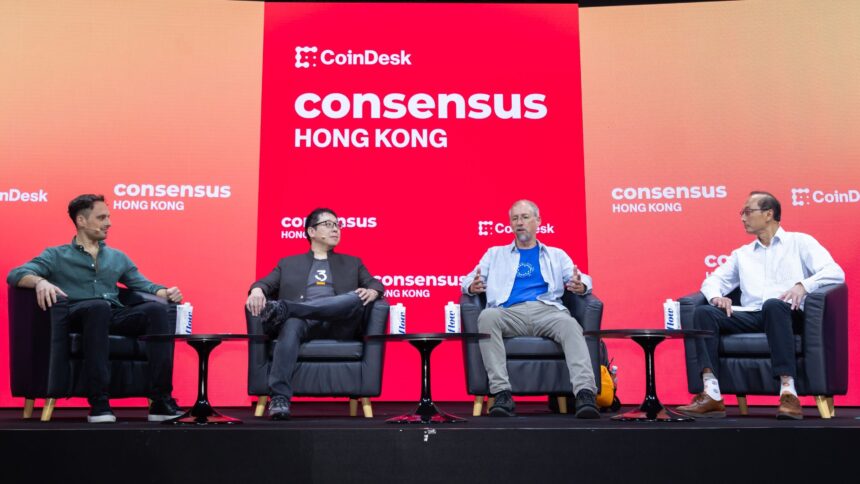In a recent discussion on X (formerly Twitter), Adam Back, a notable early developer of Bitcoin and the co-founder and CEO of Blockstream, voiced his concerns regarding the increasing prevalence of what he refers to as “JPEG spam” on the Bitcoin blockchain. He argues that this trend undermines Bitcoin’s fundamental purpose as a form of money. Back emphasized that Bitcoin should be viewed as “owned by humanity,” with developers serving as “stewards” responsible for making decisions only with broad user consensus, a principle highlighted during the block-size wars from 2015 to 2017 when user pressure successfully halted miners from enforcing protocol changes.
Back’s critique centers on the significant uptick in JPEG inscriptions—images stored directly on the Bitcoin blockchain as a result of the Taproot upgrade and its associated Ordinals protocol. The number of these JPEGs has surged from 88 million in May to approximately 105 million in September, representing a 20% increase. The fees generated from these inscriptions have accumulated to around 7,000 BTC, equivalent to nearly $777 million.
Proponents of the Taproot upgrade, including supporters of the Ordinals project, argue that if users are willing to pay for block space, then these inscriptions are a legitimate utilization of the Bitcoin network. They contend that Bitcoin’s permissionless nature forbids the imposition of restrictions on its use, which would contradict the system’s foundational ethos of decentralization. Furthermore, they argue that the demand for JPEG inscriptions enhances economic incentives for miners, especially crucial as block rewards are halved every four years. However, Back disputed this perspective, suggesting that the revenue from JPEG inscriptions adds minimal value to overall mining profits. He estimated that these activities contribute only about 0.1% to mining revenues, a figure he believes is overshadowed by potential harm to Bitcoin’s reputation, increased transaction fees for average users, and reduced usability of Bitcoin as a peer-to-peer monetary system.
The topic has evidently polarized the Bitcoin community, with supporters viewing the inscriptions as a valid economic activity that contributes to the ecosystem, while critics like Back argue that they squander block space and detract from activities that bolster Bitcoin’s intrinsic value. As a potential solution, Back proposed reaching out to miners and mining pools to discourage the processing of these transactions. He also suggested wallet-level adjustments that could redirect fees away from those accepting JPEG inscriptions, although he acknowledged the risk of introducing centralization through such measures. Back posited that even small economic adjustments might render mining JPEG inscriptions unprofitable, thus ideally leading to a decrease in their prevalence.







